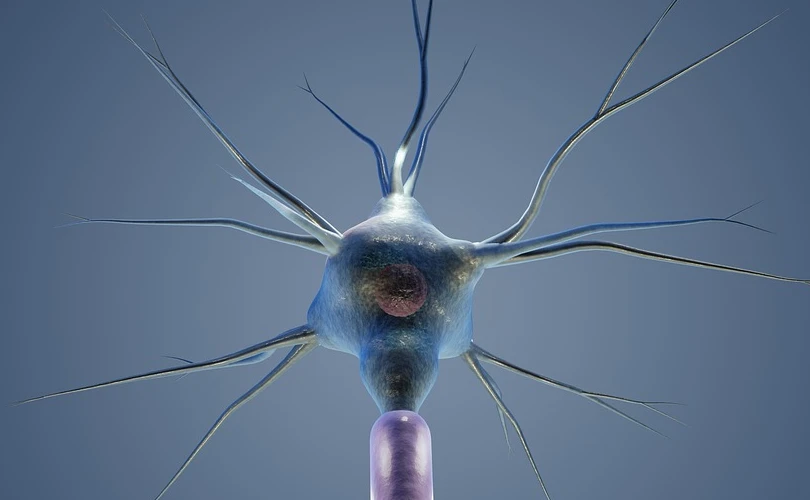MS is an autoimmune illness that targets the myelin sheath, the protective coating surrounding nerve fibers. This injury can impede signal transmission between the brain and the rest of the body, resulting in a range of symptoms such as:
Weakness Due to Fatigue
Tingling and numbness
Spasticity
Walking and keeping balance are difficult.
Vision issues
Cognitive issues
Mood imbalances
There is no cure for MS, but there are therapies that can help control symptoms and decrease the disease’s development.
Cannabis is a plant with about 100 chemical components, including cannabinoids. Cannabinoids function with the endocannabinoid system, a network of receptors all over the body. The endocannabinoid system regulates several biological activities, including pain, inflammation, mood, and hunger.
According to a recent global survey, cannabinoids are regularly used to treat five medical disorders, including MS. This crippling condition is frequently accompanied by back pain, sleep difficulties, depression, and post-injury pain, all of which are commonly treated with cannabis.
UK MS Society
The UK MS Society undertook an anonymous poll of 3994 people with MS in September 2014 to assess their experiences and opinions about cannabis and Sativex. Surprisingly, more than 20% of respondents reported using cannabis to manage their symptoms, with 7% still using it.
Furthermore, the majority of those who use cannabis for therapeutic purposes (56%) think that the advantages exceed any undesirable side effects. Cannabis has become a popular option for MS patients seeking treatment for their symptoms.
Cannabis research for MS is currently underway, although there is evidence that it may assist with a range of symptoms, including:
Spasticity and Pain
Fatigue
Tremor
Problems with the bladder and bowels
Sleep issues
Depression and anxiety
Cannabis can be used to treat MS symptoms in a variety of ways. It can be smoked, vaporized, eaten, or topically administered. The demands and preferences of the individual determine the optimum manner of delivery.
It is critical to understand that cannabis is not a cure for MS. However, for many people, it can be a beneficial therapy choice. Before beginning therapy, it is critical to consult with your doctor about the possible dangers and advantages of taking cannabis for MS.
Side Effects and Safety
When taken in moderation, cannabis is typically harmless for most individuals. It can, however, induce adverse effects such as dry mouth, red eyes, dizziness, and poor coordination. Cannabis can also produce anxiety, paranoia, and psychosis in rare circumstances.
Before consuming cannabis, consult with your doctor, especially if you have any underlying medical issues or are taking any drugs.
Conclusion
Cannabis is a promising new therapy option for multiple sclerosis. Before beginning therapy, it is critical to consult with your doctor about the possible dangers and advantages of taking cannabis for MS.






